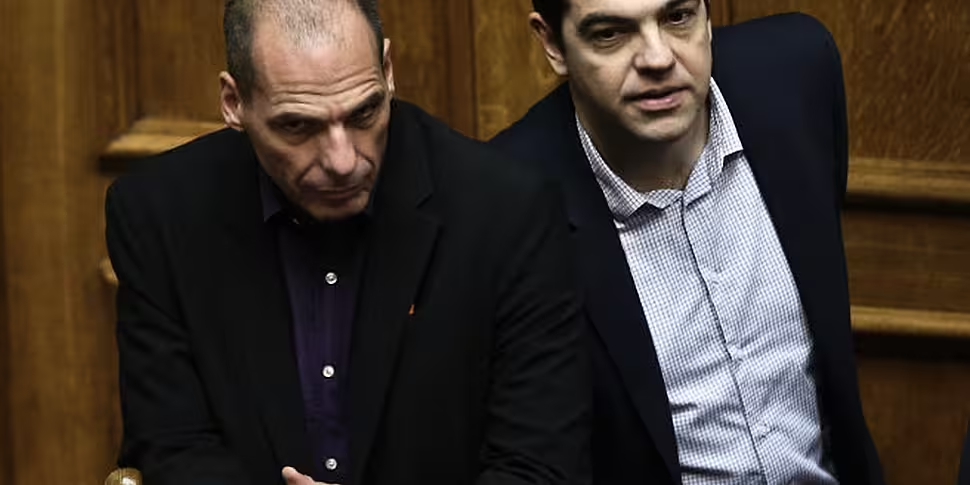After prolonged negotiations with its international creditors, Greece finally tabled a 26 page document outlining new reform proposals yesterday.
While this is the most detailed blueprint that Greece has produced - early indications suggest that they fall short of what had been expected. The reforms rely heavily on crack downs on fraud and tax evasion to raise a significant tranche of the €6bn in additional revenues per year that the country hopes to raise.
Former European Commission chief, Jose Manuel Barroso has publicly criticised the Greek government - speaking to the BBC he said that the proposals are "completely unacceptable to other countries."
He continued: "We should remember that there are poorer countries that are lending money to Greece, so to propose a cut to their debt would be certain to receive a no from their partners."
Portuguese politician denied that the EU had created Greece's financial problems - and said, "It is not helpful if Greece attacks countries that are trying to help it."
Like the Irish Government - Portugal has opposed the granting of special concessions to Greece.
After a seemingly amiable meeting between Greek PM Alexis Tsipras and German Chancellor Angela Merkel - and reportedly constructive negotiations between Greece and its creditors, early signs from across that continent suggest that Greece will be asked to produce more detailed proposals.
A eurozone insider told the Wall Street Journal that the list is a "very long way from being a basis [for a deal]," and that, "they should negotiate in competence and good faith with the institutions first, and then we will see."
Eurozone
While the rhetoric from Athens has been toned down in recent weeks, its reform document did contain a cryptic passage on the future of the euro:
"The Hellenic Republic considers itself to be a proud and indefeasible member of the European Union and an irrevocable member of the eurozone. Yet the viability of that Union, and especially of the common currency, is now in question, in the minds of many Greek citizens as it is in the minds of many among our European partners."
It concludes: "The question before us all, as Europeans, is whether the European Union can rise to the challenge before it."
This challenge to EU leadership is likely to increase speculation over whether Greece will remain part of the currency bloc.
Former Greek PM Antonis Samaras has said that he would work with Syriza to keep Greece in the eurozone if there is a split in Syriza between moderate and more hardline socialists.
"If the plan is to keep Greece in the euro area, we will provide support....Exit would signal a total catastrophe," he told Bloomberg.
He also warned that Syriza should focus on delivering concrete proposals: "I see a lot of words, a lot of theory, a lot of lies, and no action...All of these add up to a big question mark."
Talks between Greece and its creditors are likely to resume next week - the country is due to pay €465m to the IMF on Thursday, April 9th.









